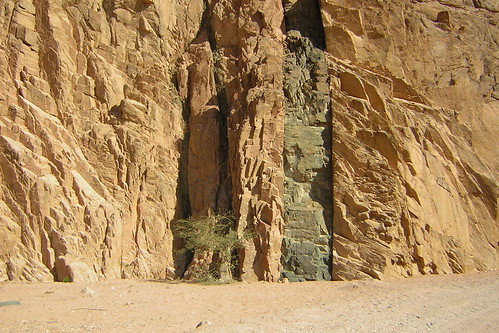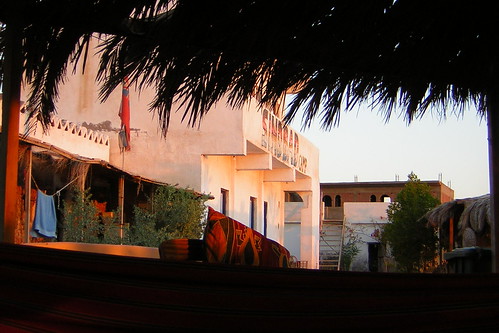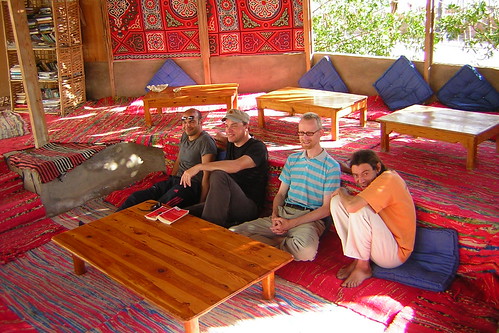Yesterday I experienced my first Berlinale screening. “Man at Sea” (directed by Constantine Gianaris), playing in Friedrichstadt-Palast. It was a nice festival atmosphere, mostly because there were quite a few pretty and well-dressed valets checking tickets and helping people find their seats. Friedrichstadt-Palast is a famous and large venue for live variete and other shows (in fact, claiming to be the world's largest theatre stage) and it was nice to experience this place. I first was surprised that there were still empty seats during the screening (during a festival where most shows are sold out to the last seat), but then I learned that the house has 1.895 seats! Hard to fill even during a festival!
The movie was announced by a host and very tersely introduced by the director himself. After the screening, the director came on stage again and introduced some of the cast. I was quite disappointed that there was no more talking with the director, in particular, no questions were taken from the audience. I remember from TIFF (Toronto International Film Festival) that directors would introduce their film with some words about it came to be or why they made it and would take questions afterwards. I was a little disappointed that this didn't happen, but the reason might just as well be, that there are too many people in the venue and that they only do it in smaller cinemas.
Now the movie. Ah! The movie. A freight ship takes some shipwrecked youths on board (who survived a sinking in which the elder passengers died because they left the only life boat to the young) and then can't get rid of them because no country they pass wants to take them on – they are fugitives from the Middle East. This could have been a great movie about life on a ship, about the meeting of two cultures, and about a group of grown-ups decisively shape the life of the young. Instead, the script was overdramatizing it, wasn't very believable in many parts and using black and white where there could have been a million shades of grey. At one point, I considered fleeing from the theatre, but I stayed, and as a went home, I started to develop my own ideas how to treat this subject well. I spent two hours at night to put down my ideas and now need to find some time to turn it into a full screenplay. The basic setup of this story just has so much potential that it just needs to be realized well! In Gianaris' version, at least the acting and pictures were nice and the final scene even had a little bit of that profoundness that the story affords. Just a glimpse of what's possible!
(Found a review of the movie with which I agree.)


